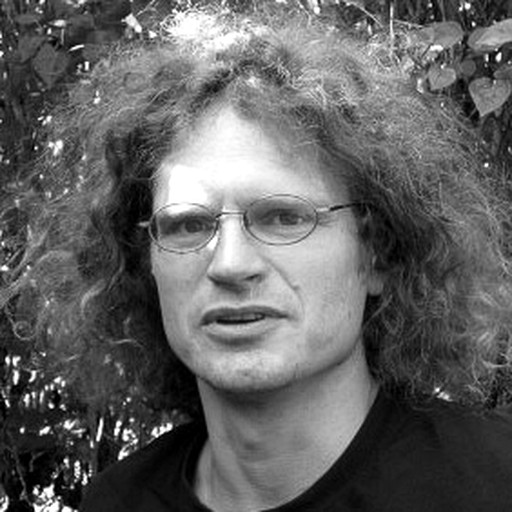Dr Jan Selling was born in 1967. He is a Docent and Associate Professor of History at Lund University, Senior Lecturer at Södertörn University, and researcher at the Institute for Language and Folklore, Uppsala/Sweden.
As the founder he coordinated the research network Roma and Resande in the Nordic countries (RORHIN) at Uppsala University in 2011-2015.
1998-2002 Selling was a PhD student at Wolfgang Wippermann’s colloqium at the Freie Universität, Berlin. 2004 he completed his dissertation on “German collective memory discourses on nationalism, commemoration politics and the Nazi past”.
He was involved in the Swedish Living History Project (2006-2007) at Västerviks museum and published a discourse analysis on the establishment of the Swedish Living History Forum (“Between History and Politics”; in: Scandinavian Journal of History, 36(5), 555-569, 2011).
He organized the Uppsala International Conference “Antiziganism – What’s in a Word” and was the principal editor of the conference volume (“Antiziganism – What’s in a Word. Proceedings from the Uppsala International Conference on the Discrimination, Marginalization and Persecution of Roma, 23-25 October 2013”; Cambridge Scholars Publishing, 2015).
Dr Selling performed a research on the theoretical concept and the empirical history of Swedish antiziganism in a long-term perspective and published “Svensk antiziganism: Fördomens kontinuitet och förändringens förutsättningar” (in English “Swedish Antiziganism: the Continuity of Prejudice and the Conditions for Change”, Limhamn: Sekel Bokförlag/Isell & Jinert, 2013).
IMPRESSUM
The curatorial team of Jan Selling (narration authors: Vidar Fagerheim Kalsås, Norway; Daniela Gress, Germany; Jan Selling, Sweden and “The Roma Politics of Historical Justice and Combatting Antigypsyism”; Marko Stenroos, Finland) has benefitted from advice and material from the following experts: Adrian Marsh (general) Herbert Heuss (Germany), Maria Rosvoll, Mari Møystad and Bodil Andersson (Norway), Miika Tervonen, Risto Blomster and Malte Gasche (Finland) Hans Caldaras, Fred Taikon and Angelica Ström (Sweden) as well as all persons and institutions mentioned in the narrative essays.




